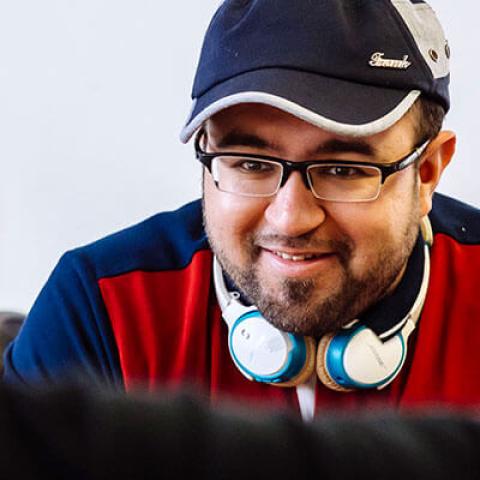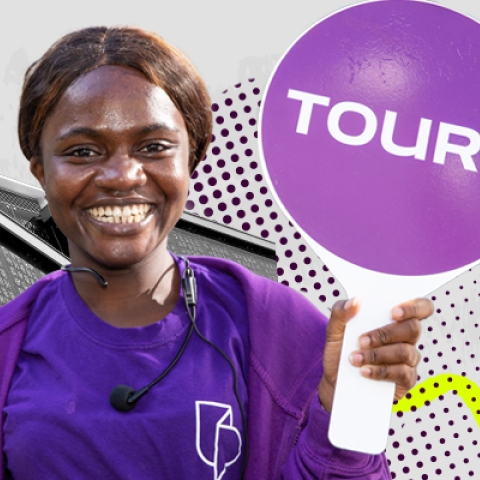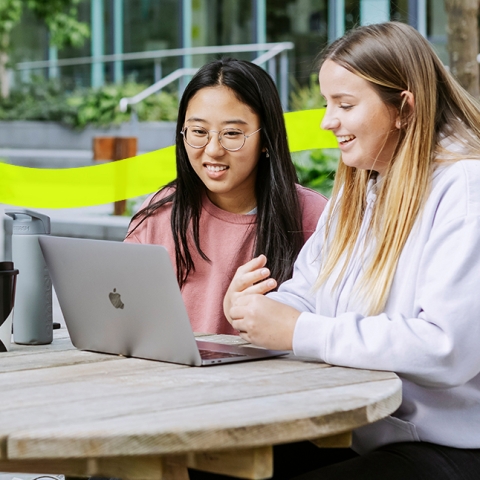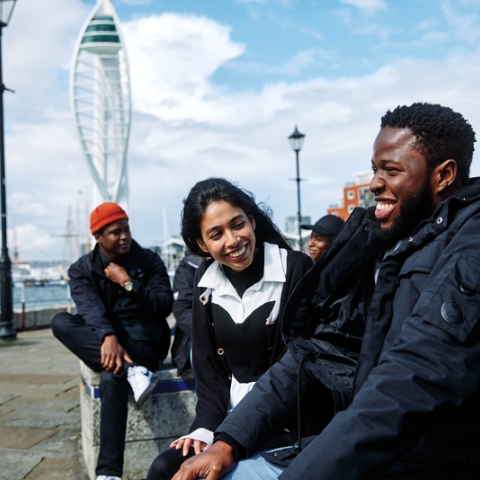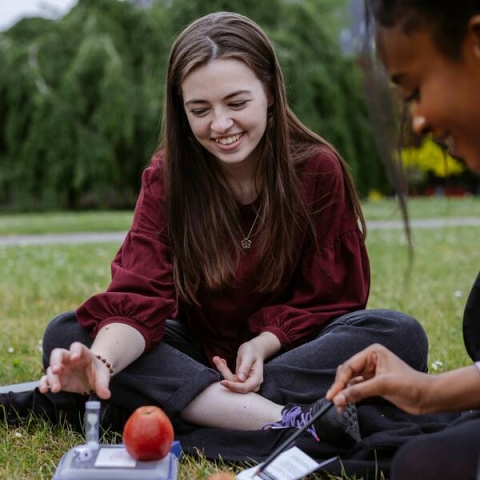
Sidebar navigation

Finished your application?
Here's what comes next
Once you’ve submitted your application, there are loads of useful things you can do to get ready for the exciting times ahead.
Attend an applicant experience day, tour a university's campus, and get some interview preparation done. Here's how to stay ahead of the curve while you wait for your offers to fly in.
Your next steps after applying
Get ahead of the game
The next steps after submitting your application can be a little uncertain – the key is to make sure you're prepared for all outcomes. We've got you covered.
While you’re waiting for a decision
The admissions team who processes your application will write to you and let you know when they have made their decision, which can take 2-3 weeks – sometimes a little longer. So don’t worry if we don’t get back to you straight away, particularly if it’s a busy time.
You might be asked to an interview
Some universities will ask you to attend an interview or an admissions test before a decision is made. But you will always be told what to expect, what to bring and where to go when you’re invited.
Start preparing for the possibility, by re-reading your personal statement and around your subject area of interest. Read the news, watch some virtual lectures, or jump on YouTube. Anything to keep you sharp for an interview.
How to prepare for your university interview
Explore common questions and get interview-ready.
Check UCAS track
After submitting your application, your UCAS portal will then turn into UCAS Track. This is where you will be notified when a university has made a decision about your application.
3 types of offers
In terms of 'decisions', universities will make the following types of offers to you:
1. Conditional offer (C)
You have a place based on you achieving certain entry requirements.
2. Unconditional offer (UC)
You have been accepted regardless of your results, usually awarded when you've already sat your exams.
3. Unsuccessful or declined offer
This unfortunately means you've not been offered a place.
What to do with offers
Once you’ve heard back from your universities, it’s up to you to decide who you are going to hold your offers with. You can hold a maximum of 2 offers.
The first offer will be your firm acceptance, your first choice. This is where you will go should you get the grades you need.
Your second choice will be your insurance acceptance – your second choice backup should not get into your firm choice. Your insurance choice should usually have a lower entry requirement than your firm choice.
Changed your mind or didn’t get your grades?
If you decide on a different course or university or you don’t get the offers you wanted, there are ways to apply for more using UCAS Extra. You can also use Clearing to apply for courses if there are still spaces available.
Deferring your place
Taking a year away from your studies can refresh you, but it can also make it harder to get into the routine of studying when you do start uni. But there’s plenty of benefits too, such as saving money, travelling and getting some breathing space before you start. Weigh up the pros and cons of deferring your studies.
Other things you can do
Visit Applicant Experience Days
The perfect way to get a feel for a university and a taste of student life. If you’ve applied to Portsmouth, you can take a closer look by booking your place on our next experience day.
Go on a campus tour
Take a campus tour, usually with student ambassadors. They’ll give you the tips on the best places in the city to eat, drink, socialise and take a break from your studies.
Look for social media groups
Explore social media for applicant groups and students in the same position as you. They're a great way to make friends, find accommodation, and stay up to date with things.
Apply for student finance
Once you’ve applied to uni, it's time to apply for student finance. Do this as soon as you can – even if you're waiting for offers. And don’t forget to explore scholarships and bursary options. Find out how to get started on our Student Finance page.
Sort your accommodation
Usually, you'll get sent an email with instructions on how to arrange accommodation when you're offered a place. Until then, it's always worth checking out our Accommodation pages, so you have an idea of what you’d like and how it works.
Research clubs and societies
Remember, university is also a place where you’ll have fun and meet new people. Research how you can get involved in the student experience. Our Students’ Union has over 150 clubs and societies that you can join.

